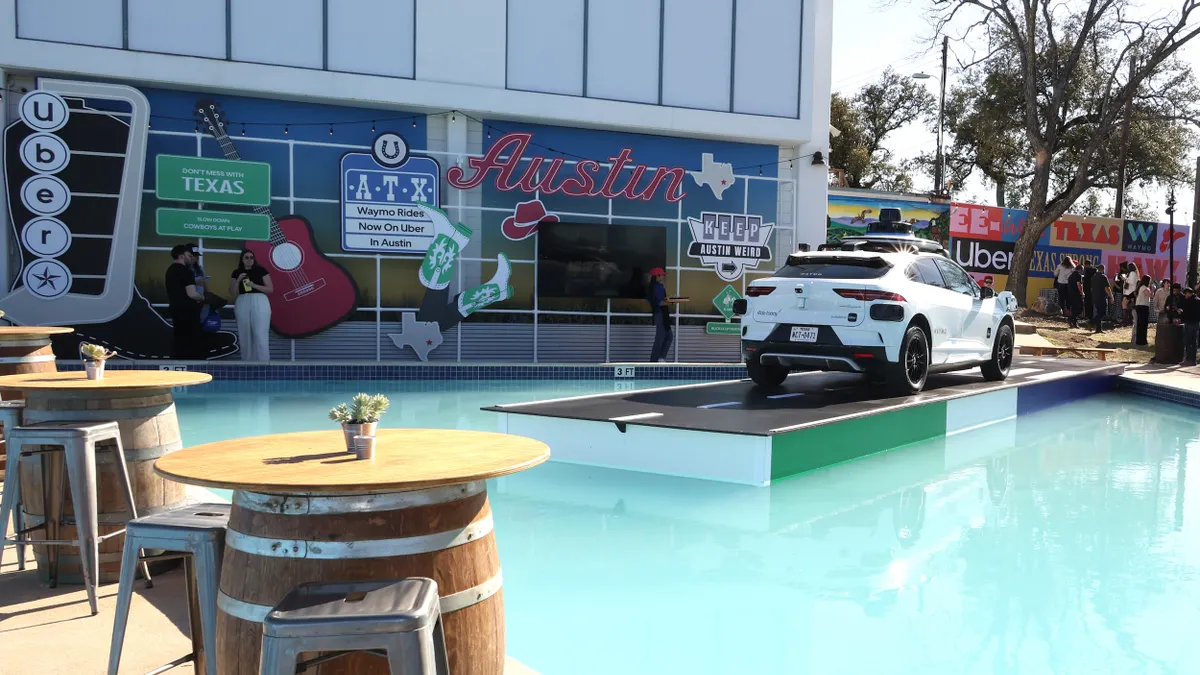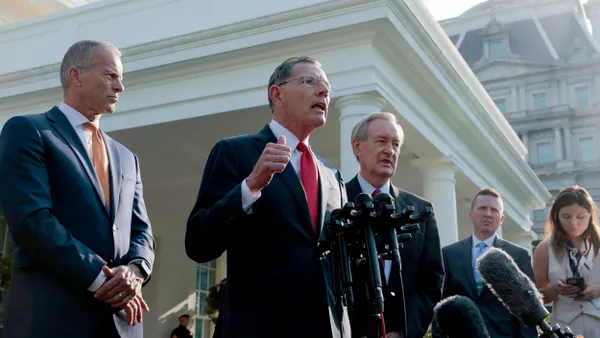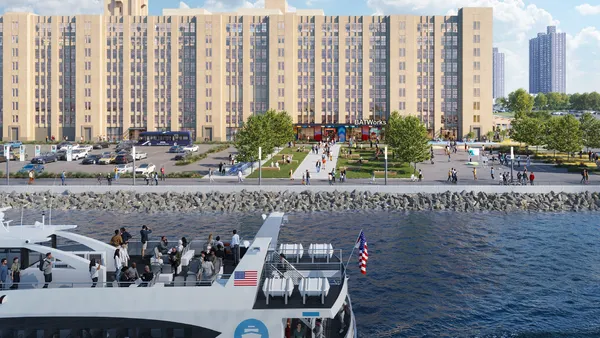Dive Brief:
- The National League of Cities (NLC) has chosen six cities for its Cities for Racial Equity and Racial Healing Technical Assistance Initiative. The participating cities are Charlotte, NC; Long Beach, CA; Rochester, NY; St. Paul, MN; Wichita, KS; and Pittsburgh.
- The initiative will help leaders identify institutional racism in their cities' policies and practices and help them come up with solutions to address it. They will learn strategies for advancing racial equality and healing.
- During the 15-month program, which begins this month, each of the cities will meet with NLC three times and will have ongoing access to coaching and webinars.
Dive Insight:
NLC created the Racial, Equity and Leadership (REAL) initiative following the 2014 unrest in Ferguson, MO, which soon led to unrest in other U.S. cities like Baltimore. REAL's goals include healing racial divisions within communities and creating more equitable communities where people from all backgrounds can thrive. REAL works to reach those goals by expanding leaders' knowledge of racial disparities and building their capacity to eliminate them.
Last year, NLC released a report highlighting the importance of equity in cities, urging leaders to particularly pay attention to the equitable distribution of innovations and technological advances. It warned that innovating only in well-off areas widens the gap between the rich and the poor, and between races. A growing social and economic divide has the ability to de-stabilize cities and could lead to racial tensions.
The report noted that overall city populations are becoming more diverse, however the diverse groups are becoming more segregated. That creates challenges for city leaders in trying to create inclusive environments for all residents and with helping to heal the divides that segregate different populations. The NLC's racial equity and healing initiative aims to help leaders overcome some of these challenges and bridge gaps within communities. If successful, the lessons and training sessions taught in the six select cities can roll over into other communities struggling from racial inequity.










